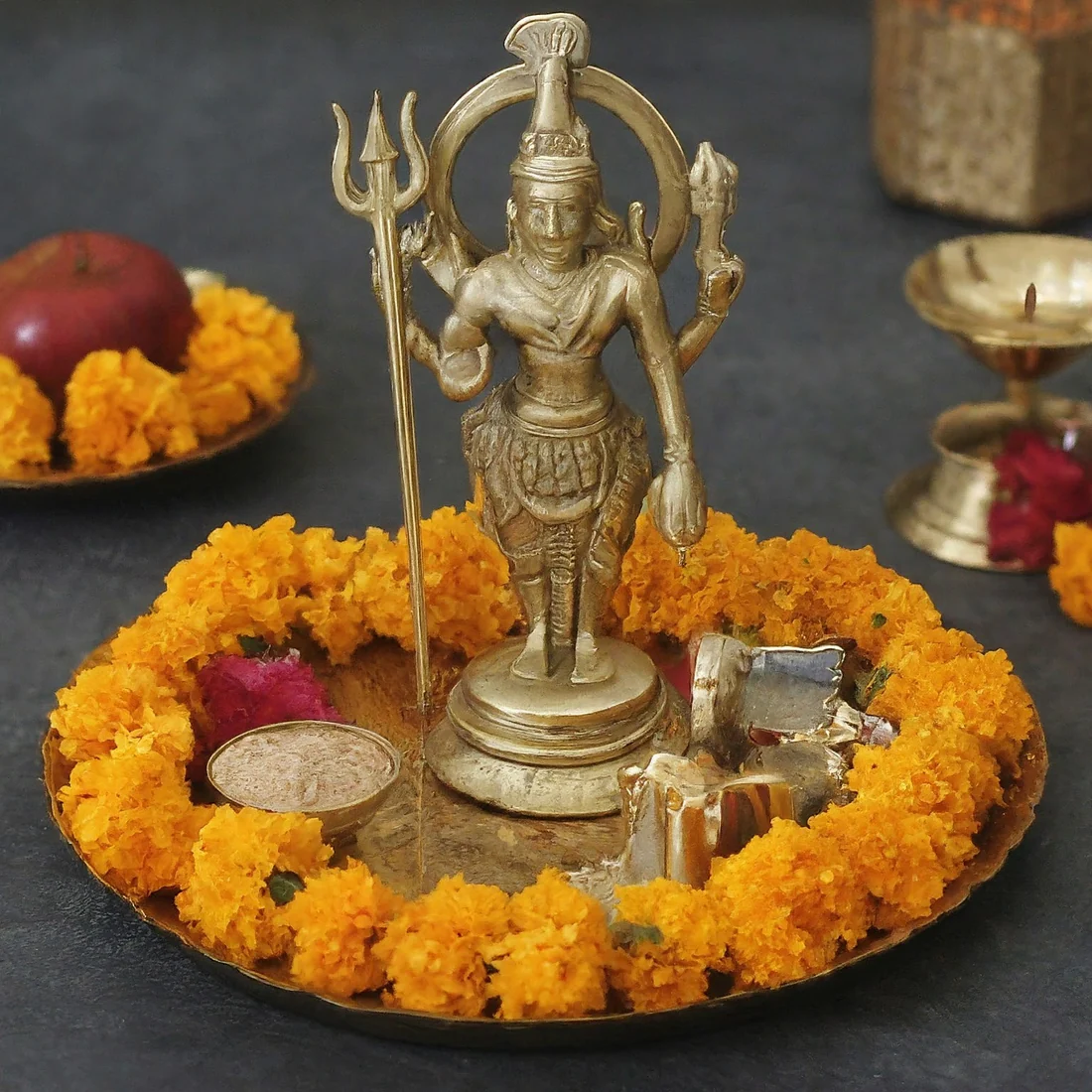
Monday Fasting in Hindu Rituals: A Guide to Traditions and Practices
Monday fasting is a significant ritual observed by many Hindus across the globe. It is believed to be auspicious and beneficial for bringing good luck, prosperity, and happiness. This blog post will delve into the various rituals and katha associated with Monday fasting in Hindu rituals, offering a comprehensive guide for those who wish to observe this practice.
Significance of Monday Fasting in Hinduism
Monday fasting holds special significance in Hinduism as it is dedicated to Lord Shiva, the destroyer of evil and the protector of good. Worshipping Lord Shiva on Mondays is believed to appease him and seek his blessings for a peaceful and prosperous life. Additionally, Monday fasting is also observed to cleanse the body and mind, promoting spiritual growth and inner peace.
Rituals for Monday Fasting
Observing Monday fasting involves a set of rituals that are performed throughout the day. Here's a breakdown of the key rituals:
Morning Rituals:
- Wake up early before sunrise and take a bath.
- Wear clean clothes.
- Perform puja (worship) to Lord Shiva.
- Offer prayers and recite mantras dedicated to Lord Shiva.
- Consume a light breakfast consisting of fruits or milk.
Daytime Rituals:
- Observe a fast throughout the day, abstaining from all food and water.
- Engage in devotional activities such as reading scriptures, chanting mantras, or listening to bhajans (devotional songs).
- Avoid engaging in negative activities such as anger, jealousy, or gossip.
- Donate to charity or help those in need.
Evening Rituals:
- Break the fast after sunset by offering food to Lord Shiva.
- Consume a simple meal consisting of vegetarian food.
- Express gratitude to Lord Shiva for his blessings.
Katha for Monday Fasting
Several katha (stories) are associated with Monday fasting, highlighting the benefits and significance of this ritual. One popular katha narrates the story of a woman named Chandramati who observed Monday fasts for Lord Shiva and was blessed with a prosperous life. Another katha tells the story of how Lord Shiva himself observed a fast on Mondays to appease Goddess Parvati.
SAMAHomes Pooja Thali and Idols
At SAMAHomes, we offer a wide variety of pooja thalis and idols to meet your needs for Monday fasting and other Hindu rituals. Our pooja thalis are crafted from high-quality materials and feature intricate designs, making them an ideal addition to your pooja room. Our idols are handcrafted by skilled artisans and depict various Hindu deities with exquisite detail.
Conclusion
Monday fasting is a sacred ritual in Hinduism that offers numerous benefits for both physical and spiritual well-being. By observing this ritual with devotion and sincerity, you can seek the blessings of Lord Shiva and experience a more fulfilling and prosperous life.
In addition to the above, here are some additional tips for observing Monday fasting:
- Consult a doctor before starting any new fasting regimen, especially if you have any underlying health conditions.
- Drink plenty of water before and after your fast to stay hydrated.
- Break your fast gradually by consuming a light meal.
- Listen to your body and rest when needed.
We hope this blog post has provided you with a comprehensive guide to Monday fasting in Hindu rituals. If you have any questions, please feel free to leave a comment below.
Disclaimer: This blog post is intended for informational purposes only and does not constitute medical advice. Please consult with a healthcare professional before making any changes to your diet or lifestyle.






